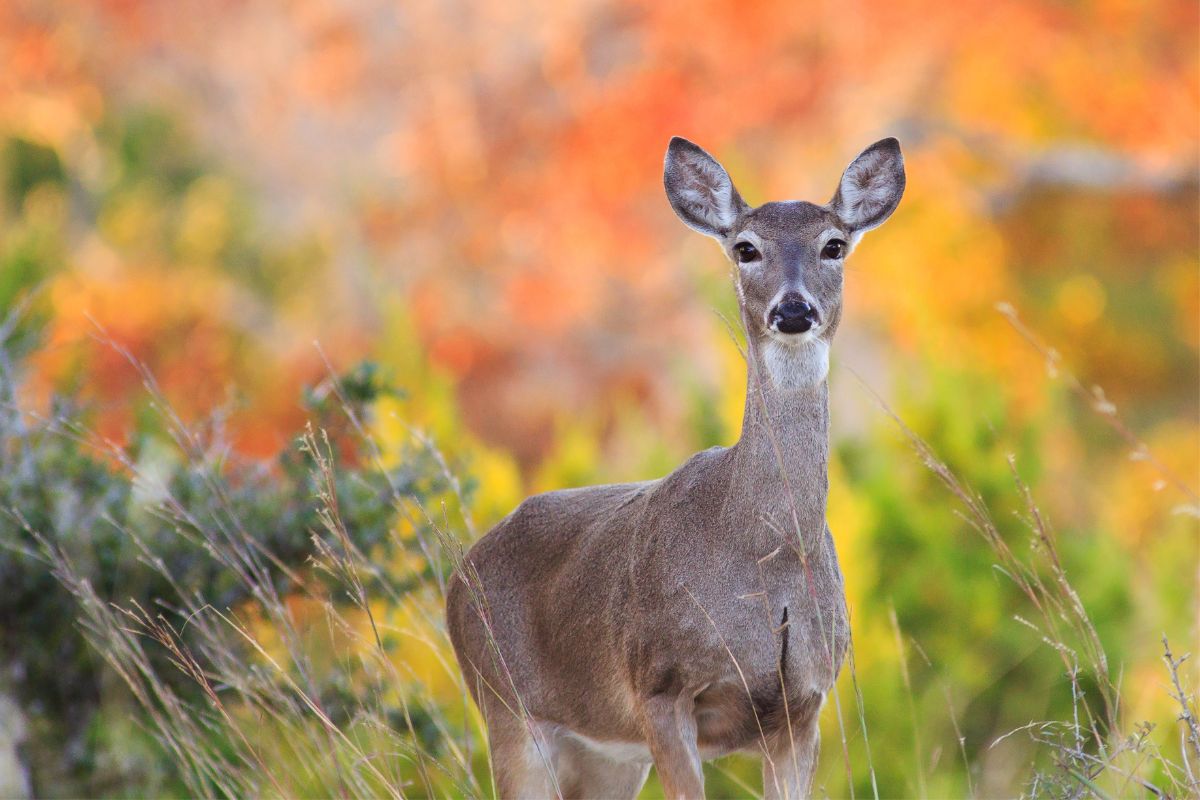Deer vs. Succulents: The Battle for Your Garden
Succulents are the talk of the town these days! With their quirky shapes and low-maintenance needs, they’re a popular choice for gardens. But if you live in an area with lots of deer roaming around, you might be wondering if these prickly plants are safe from their hungry mouths.

The good news is that deer usually steer clear of succulents. These plants have thick, fleshy leaves that store water, making them tough and unappetizing for deer. However, when deer are really hungry or thirsty, they might take a nibble out of your succulents.
Contents
Why Do Deer Sometimes Eat Succulents?
Deer are plant-eaters, so they’re always on the lookout for fresh greens to munch on. They typically prefer tender plants like flowers, veggies, and shrubs. But if there’s nothing else around and a deer is starving, it might resort to eating your succulents.
Deer also sometimes wander into gardens in search of water. While they prefer ponds or streams, they’ll drink from bird baths or small pools if they’re thirsty enough. If your succulents are near a water source, deer might accidentally take a bite while quenching their thirst.
Deer-Resistant Succulent Varieties
Although most succulents are relatively deer-proof, some are better at deterring these hungry critters than others. Here are a few varieties that deer tend to avoid:
- Aloe
- Agave
- Hens and chicks
- Cactus
- Sempervivum
These succulents have spines, sharp edges, or tough textures that make them unappealing to deer.
Protecting Your Precious Succulents
Even though deer generally leave succulents alone, it’s still a good idea to take some precautions if you live in an area with lots of deer traffic. Here are a few tips to keep your succulents safe:
- Plant them with deer-resistant companions. Surround your succulents with plants that deer hate, like lavender, rosemary, or Russian sage. The strong scents will deter deer from coming near.
- Build a fence. A simple fence around your succulent garden can keep deer out. Just make sure it’s not too tall – around 4 feet high is usually enough.
- Use deterrents. Sprays or granules with strong smells (like rotten eggs or garlic) can discourage deer from entering your garden.
- Install motion sensors. Devices that spray water or emit loud noises when they detect movement can scare deer away.
Remember, deer are just looking for their next meal, so they’re not trying to be pesky on purpose. With a little planning and protection, you can enjoy your succulents without worrying about them becoming a deer’s dinner.
